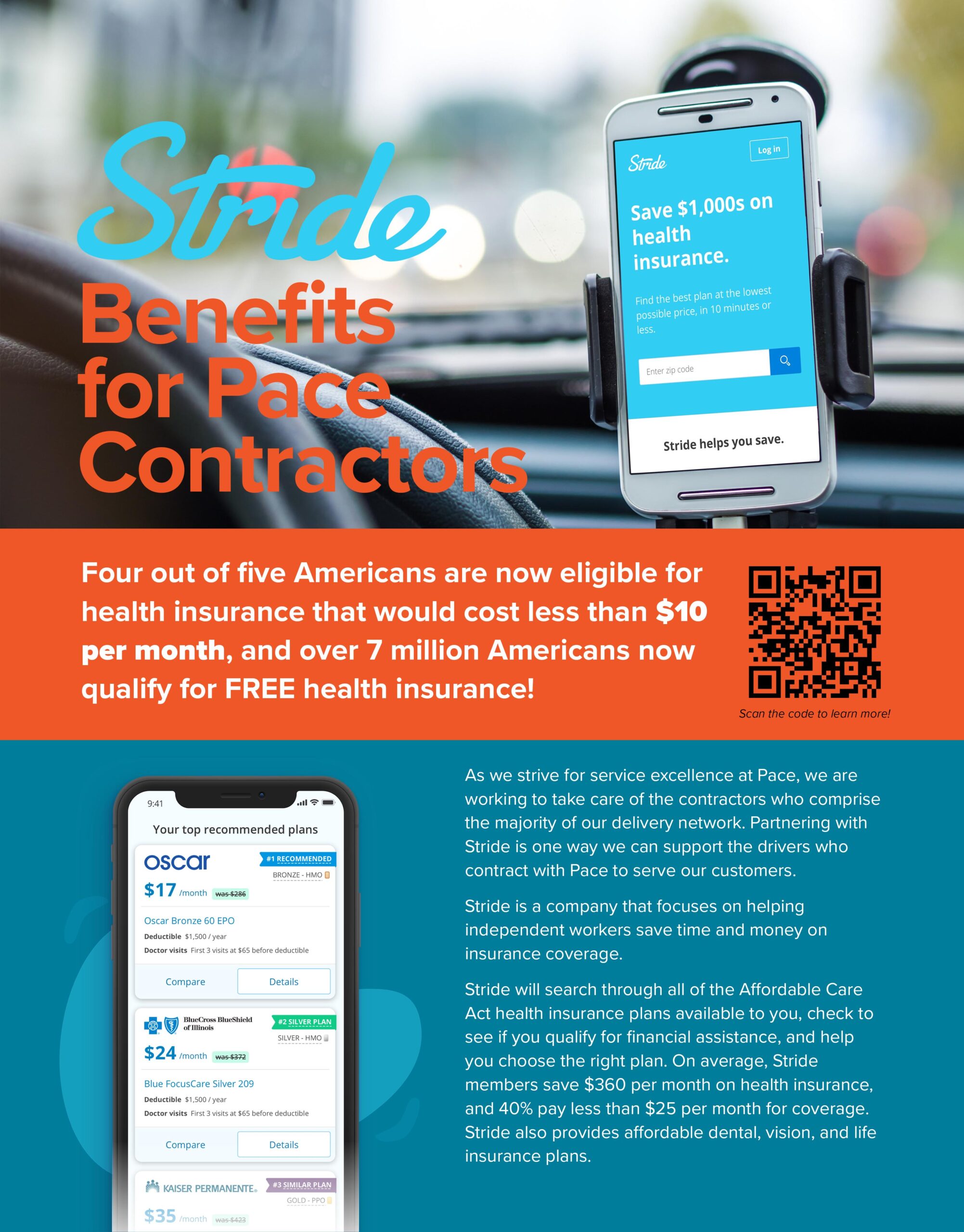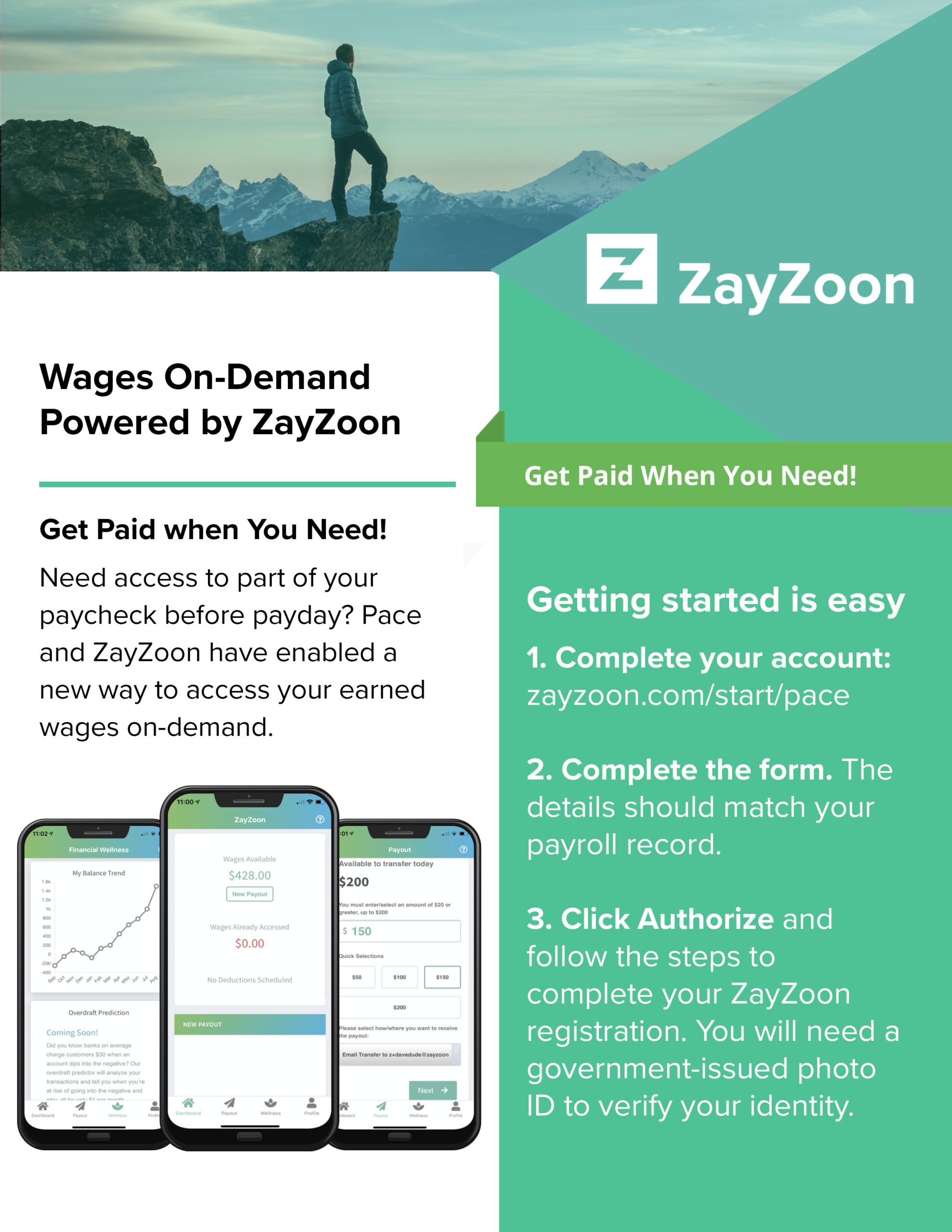
New year, new business goals?
The trucking and transportation industry provides the supply chain with the infrastructure that is necessary to keep it running. Truck drivers are less likely to be unemployed than any other workers, and (according to the U.S. Census Bureau), over the last decade, America experienced a steady growth in revenue from trucking businesses, leveling off at about $75 billion by the end of 2018. At a glance, trucking is a great business to invest in! However, as with any business, learning the ins and outs of the industry will help to ensure your success. We’ve put together seven tips for proven success to grow your business in 2020 as an owner-operator.
1. Identify the markets where you want to serve.
The first step toward success as an independent logistics contractor, also referred to as an owner-operator or IC, is to identify the types of freight, vehicles, and routes that best fit your business model. Many successful independent contractors have learned to identify underserved, niche markets that the big carriers tend to avoid, resulting in more specialized loads and routes. They’ve also identified ways to get their business up and running without a significant upfront investment. Final mile custom logistics, middle mile logistics, and courier services often require smaller vehicles and lower start-up costs while at the same time serving niche markets. Owner-operators are driving straight trucks, cargo vans, sprinter vans, and even smaller passenger vehicles for logistics companies like Pace who serve these niche markets. They are learning the ins and outs of delivering in a specialized market, they are typically running scheduled (i.e.predictable) routes, and they make competitive pay.
2. Work directly with a logistics service provider to avoid brokers and load boards.
Working directly with logistics providers like Pace allows you to cut out the middleman and increase your profits. When you use freight brokers or load boards, you share some of your profits with the broker. Also, because you are competing for loads with many other drivers, it can be challenging to have a regular schedule and predictable paycheck.
Contracting directly with a logistics provider allows you to be more likely to run scheduled routes and will likely provide transparency to your pay up front. This helps ensure steady work and eliminates uncertainty, giving you more time and resources to grow your business.
3. Understand your finances.
Understanding and controlling costs is one the biggest keys to success for independent contractors. You should consider all your fixed and variable costs, which will determine how much revenue you need to take in to make a profit. Fixed costs are the costs that stay the same each month, such as lease payments on a vehicle. Variable costs are the costs that fluctuate from month to month, such as the amount of fuel you use. Once you have added up your expenses, you can determine the rates you need to charge to make a profit. Remember, Total Revenue – Total Expense = Profit. Understanding and managing your costs are crucial steps towards maximizing your profits!
4. Be fuel efficient.
For most ICs, fuel is the biggest and most variable cost. Veteran drivers have learned that fuel efficiency is key to keeping costs down and profits up! Start by researching which type of vehicle is the most fuel efficient for the types of loads and routes you drive. One tip is to choose the smallest vehicle that will work for your freight.
You should also determine the most efficient routes, keeping in mind that the shortest may not always be the best in terms of keeping fuel costs low. Fluctuations in traffic volume, traffic lights, school zones, and other variables can easily turn the shortest route into the most time consuming, so be sure to do your research!
One of the easiest (but most often overlooked) ways to increase fuel efficiency is to keep your speed within the posted limits. Most vehicles consume the least fuel per mile at around 55 miles per hour. In fact, watching your speed can help you use up to 20% less fuel than driving fast. In addition, you can rest assured that you are making safety your number one priority on the road—a lesson we take seriously at Pace. You can find your specific fuel consumption rates from the vehicle manufacturer, so remember to ask about this when shopping for vehicles.
One other consideration is to ask the company you are contracting with if they have a fuel program. Pace offers a fuel program to our Master Independent Contractors that can result in significant savings on fuel. The Pace Fuel Program is an offering that Master ICs have the opportunity to apply for. Once the application is approved, Pace’s third-party fuel program provider, Comdata, will issue a fuel card that the contractor can use to fuel their vehicles. The fuel card costs are then directly deducted from the contractors’ future settlements, making their fuel a back-end cost instead of an up-front one. Many of our carriers that utilize Pace’s Fuel Program love the value it brings to their business.
5. Familiarize yourself with applicable taxes, regulations, and insurance requirements.
The logistics and transportation industry is regulated at the local, state, and national levels, and proper compliance is essential to your success. The more states you drive through, the more regulations you must comply with. You will likewise owe different taxes depending on the locations where you operate.
At the very least you will need the proper operator’s license and minimum insurance coverage, including workers’ compensation if you employ other drivers. Be sure to learn about the specific laws and regulations governing the industry where you plan to operate.
6. Multiply your talent.
Once you have a profitable operation up and running, you will find there is a limit to what you can accomplish on your own. The real key to long-term success is scaling your business. There are many ways to begin growing your fleet and recruiting drivers. Consider leasing vehicles, utilizing a factoring company, or applying for a small business loan.
Logistics Service Providers like Pace often benefit from working with freight agents who can act as a single point of contact for a whole team of drivers. Agents also benefit by establishing steady business through recurring, pre-scheduled routes and the ability to offer their drivers consistent employment.
7. Adapt to industry trends.
Today’s successful ICs also stay on top of industry trends and try to maintain some flexibility with how they use their assets. For example, experts predict that e-commerce will increasingly dominate the retail market over the next decade. This means more demand for the faster delivery times (2 hour, same-day, and next-day) that e-commerce consumers have come to expect. What does this mean for independent contractors? The ability to execute more precise delivery, perhaps with less freight, on smaller vehicles which run more frequent routes will position your business for success in the e-commerce sector. Keeping this in mind, independent contractors might choose to invest in sprinter vans and contract with companies like Pace who run final mile custom logistics to keep them nimble in an ever-changing market.
The bottom line? Go for it and grow your owner-operator business! Carve out time daily or weekly to stay on top of industry trends, maintain good bookkeeping, and reflect upon your business goals. When you need a trusted partner in logistics, contact Pace.
Disclaimer: The contents of this posting are intended to convey general information only and not to provide legal, tax, accounting or other professional advice or opinions. The contents of this posting, and the posting and viewing of the information on this website, should not be construed as, and should not be relied upon for, legal, tax, accounting or other professional advice in any particular circumstance or fact situation. The information presented in this posting may not reflect the most current legal developments. No action should be taken in reliance on the information contained in this posting and Pace disclaims all liability in respect to actions taken or not taken based on any or all of the contents of this posting to the fullest extent permitted by law. Appropriate professionals should be contacted for advice on specific issues.











